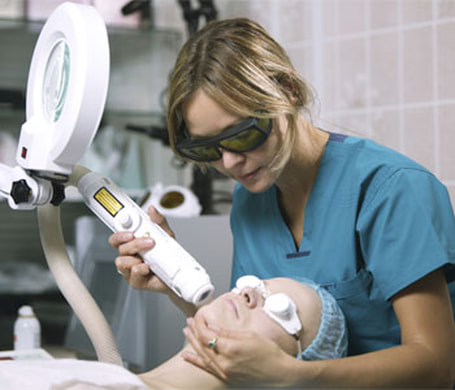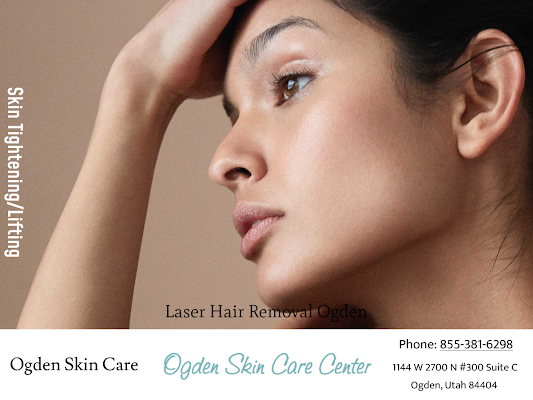Factors to consider when choosing a Laser Hair Removal
Laser hair removal is a popular method of removing unwanted hair from various body parts. However, choosing the right provider for laser hair removal is an important decision that can affect the results and safety of the procedure. Here are some factors to consider when choosing a laser hair removal provider:
Laser hair removal requires a skilled and experienced technician to ensure optimal results. A professional technician will know how to adjust the laser settings for your skin type and hair color and how to use the equipment to avoid any adverse effects properly. They can also answer any questions and provide guidance on caring for your skin after the procedure.
While laser hair removal is generally safe, it can cause adverse effects such as burns, scarring, and changes in skin pigmentation if performed incorrectly. Choosing a provider who uses FDA-approved devices and experienced technicians can help minimize the risks of adverse effects.
- Qualifications and Credentials: Look for a provider with appropriate training and certification in laser hair removals, such as a dermatologist or licensed esthetician.
- Experience: Ask how many years of experience the provider has in performing laser hair removal and how many treatments they have performed. An experienced provider will likely better understand how to adjust the laser settings for optimal results and minimize side effects.
- Technology and Equipment: The quality of the laser technology and equipment the provider uses is crucial for achieving optimal results. Look for a provider who uses state-of-the-art equipment and the latest laser technology. The provider should also use regularly maintained and calibrated equipment to ensure the best outcomes.
- Safety Protocols: The safety protocols and precautions taken by the provider are crucial for minimizing the risks of laser hair removal. Ask the provider about the safety measures taken during the procedure, such as eye protection and cooling devices to reduce pain and discomfort.
- Reviews and Referrals: Reading reviews from previous clients and seeking referrals from friends or family members who have undergone laser hair removal can provide valuable insight into the quality of service offered by a specific provider. Look for a provider with positive reviews and a good reputation in the community.
- Cost: While cost should not be the only factor to consider when choosing a provider, it is important to understand the pricing structure and any additional costs associated with the procedure. Look for a provider who is transparent about the cost of laser hair removal and any potential additional charges.
Laser hair removal requires a skilled and experienced technician to ensure optimal results. A professional technician will know how to adjust the laser settings for your skin type and hair color and how to use the equipment to avoid any adverse effects properly. They can also answer any questions and provide guidance on caring for your skin after the procedure.
While laser hair removal is generally safe, it can cause adverse effects such as burns, scarring, and changes in skin pigmentation if performed incorrectly. Choosing a provider who uses FDA-approved devices and experienced technicians can help minimize the risks of adverse effects.
Conclusion
Laser hair removal is an effective and safe solution to unwanted hair growth. It's a non-invasive procedure that can be done on different body parts and is suitable for those with all skin types. However, choosing the right provider is crucial to ensure the best results. Look for a provider who uses FDA-approved devices and has experienced technicians to carry out the treatment.
At Ogden Skin Care Center, they understand the importance of safety and efficacy in laser hair removal. That's why they use only FDA-approved devices and have a team of experienced technicians dedicated to providing their clients with the best possible results. They aim to help you achieve smooth, hair-free skin safely and comfortably. Contact them today to schedule your laser hair removal treatment and experience the difference that comes with choosing a trusted provider.
At Ogden Skin Care Center, they understand the importance of safety and efficacy in laser hair removal. That's why they use only FDA-approved devices and have a team of experienced technicians dedicated to providing their clients with the best possible results. They aim to help you achieve smooth, hair-free skin safely and comfortably. Contact them today to schedule your laser hair removal treatment and experience the difference that comes with choosing a trusted provider.


